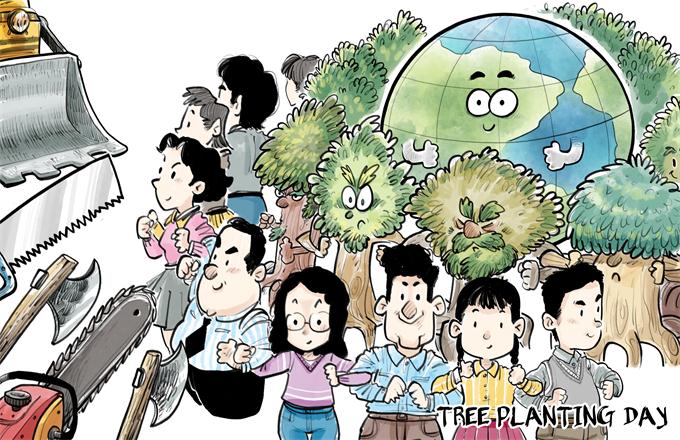Australia taking yuan step at a time
In fact, when the DHL Export Barometer first surveyed Australian exporters about FTAs, more exporters wanted an agreement with China than with the US or Thailand - despite Australia's historical and defense ties with the US. According to the survey, 45 percent Australian exporters' opinion about an FTA with China was positive, another 45 percent was neutral and only 10 percent was negative. This compares to a 25 percent positive rating for an FTA with the US, and 21 percent for Thailand.
There was some opposition from manufacturers (although AIG member-exporters were quite positive relative to manufacturers competing with imports) and some mixed views on market access from the agricultural sector, but an overwhelmingly positive response from resources, education, tourism and professional services sectors. The view from China was primarily positive except for concerns about the impact of open access to agricultural products, although leading agricultural representatives have noted that Australian and Chinese agricultural interests are largely complementary.
But do we need an FTA at all? Key investments in both countries will continue with or without an FTA, but an FTA would provide a framework for streamlining the multiplicity of issues that have an impact on Australia's ties with a complex economy like China's. An FTA would certainly prove how important Australia has been as a friend of China's in key moments. Australia backed China's entry into the World Trade Organization and has supported it at multilateral forums despite the aggressive anti-China stance taken by its allies. For China, keen to ensure resource and food security to facilitate its growth and the prosperity of its 1.3 billion people, an FTA with Australia would be a desirable economic objective.
But what if China's economy slows down? There are signs of credit adjustment in China's housing market and tightening of its labor market. Indeed, Beijing's stance on currency is one of caution because of the social effects of wage-price inflation in a tight labor market. But the warning signs of the Chinese economy slowing down have not come just from foreign economists, but also from the Chinese authorities. China knows it has to adjust to slower economic growth and lay more emphasis on domestic savings and investment than exports. And to do so, it needs Australia's help.
Accordingly, the Australian prime minister's conversion offer, and overall framework for bilateral relationship, puts Australian in the right place at the right time.
The author is J.W. Nevile fellow in economics, Australian School of Business, University of New South Wales, and has the book, The Airport Economist, to his credit.
(China Daily 04/24/2013 page9)





















